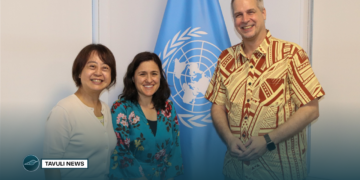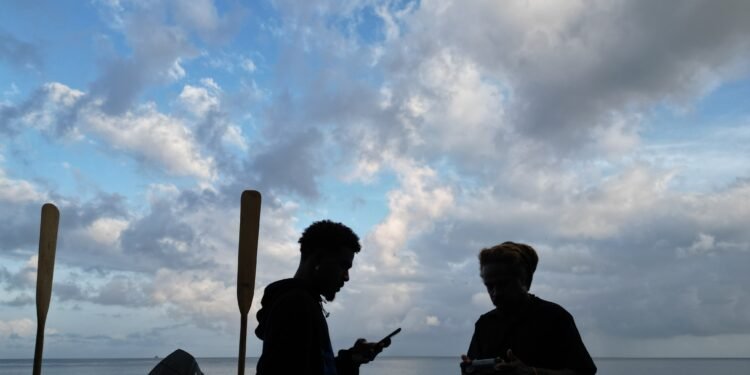Rising ‘Beliga’ Incidents Highlight Local Security Challenges
A Tavuli News Editorial
In recent weeks, the Solomon Islands has seen an escalation in security support under the platform of the Solomon Islands International Assistance Force. Chinese police officers are also supporting the Royal Solomon Islands Police Force. New Zealand is also boosting security efforts by providing helicopters, and the USNS Mercy is set to arrive in Honiara this weekend to boost emergency health respond services.
Despite these positive developments, challenges persist in the Solomon Islands, notably the high unemployment rate, particularly among the youth population. Since 2009, the urban centers, particularly Honiara and Guadalcanal, have witnessed a significant population increase due to rural-to-urban migration, leading to overpopulation issues in Honiara.
This week, as the Solomon Islands hosts the 17th Pacific Games, attracting over 5000 athletes and officials to Honiara, social media posts have shed light on a concerning issue – an increase in theft, locally known as ‘beliga.’ This term refers to thieves or pickpockets. Reports of phones being snatched, especially in public spaces and moving vehicles, have become alarmingly common.
As we prepare for the Pacific Games, it is crucial to address these security concerns at both macro and micro levels. While international assistance and support are vital, we must not overlook the day-to-day challenges faced by the local population. The rise of ‘beliga’ incidents (usually not reported to the police) stressed the need for a comprehensive approach to security, focusing on the root causes of opportunistic crimes.
The increasing incidents of phone snatching and theft suggest that these individuals are seizing opportunities to improve their economic situations. It is essential to consider holistic strategies that not only enhance security but also address the underlying socio-economic factors contributing to such behaviors.
As the Solomon Islands welcomes participants to the Pacific Games, it is our collective responsibility to ensure a positive experience for all. Let us not only focus on the grand spectacle of the games but also on creating an environment where memories are shaped by the warmth of hospitality, not marred by incidents of ‘beligarism.’

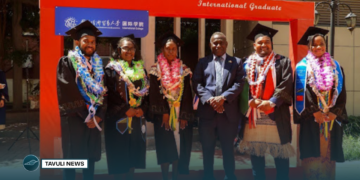





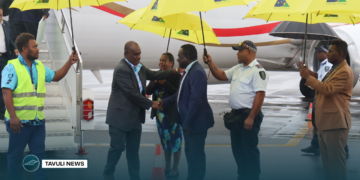

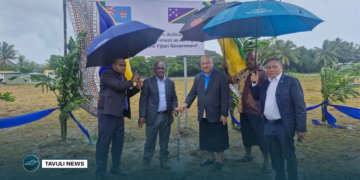



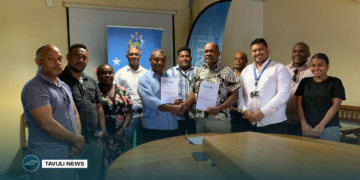




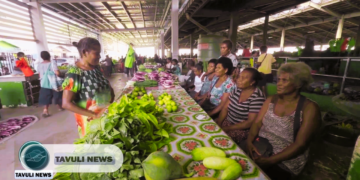






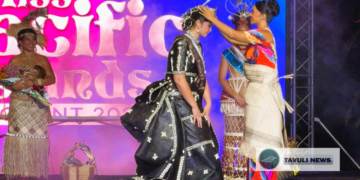






![Chovohio [left] and Charivunga [right] confluence, to create a dam for sediment control](https://www.tavulinews.com.sb/wp-content/uploads/2025/04/Add-a-heading-43-360x180.png)



























